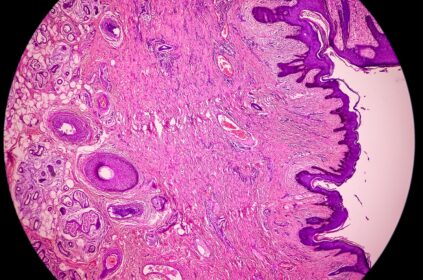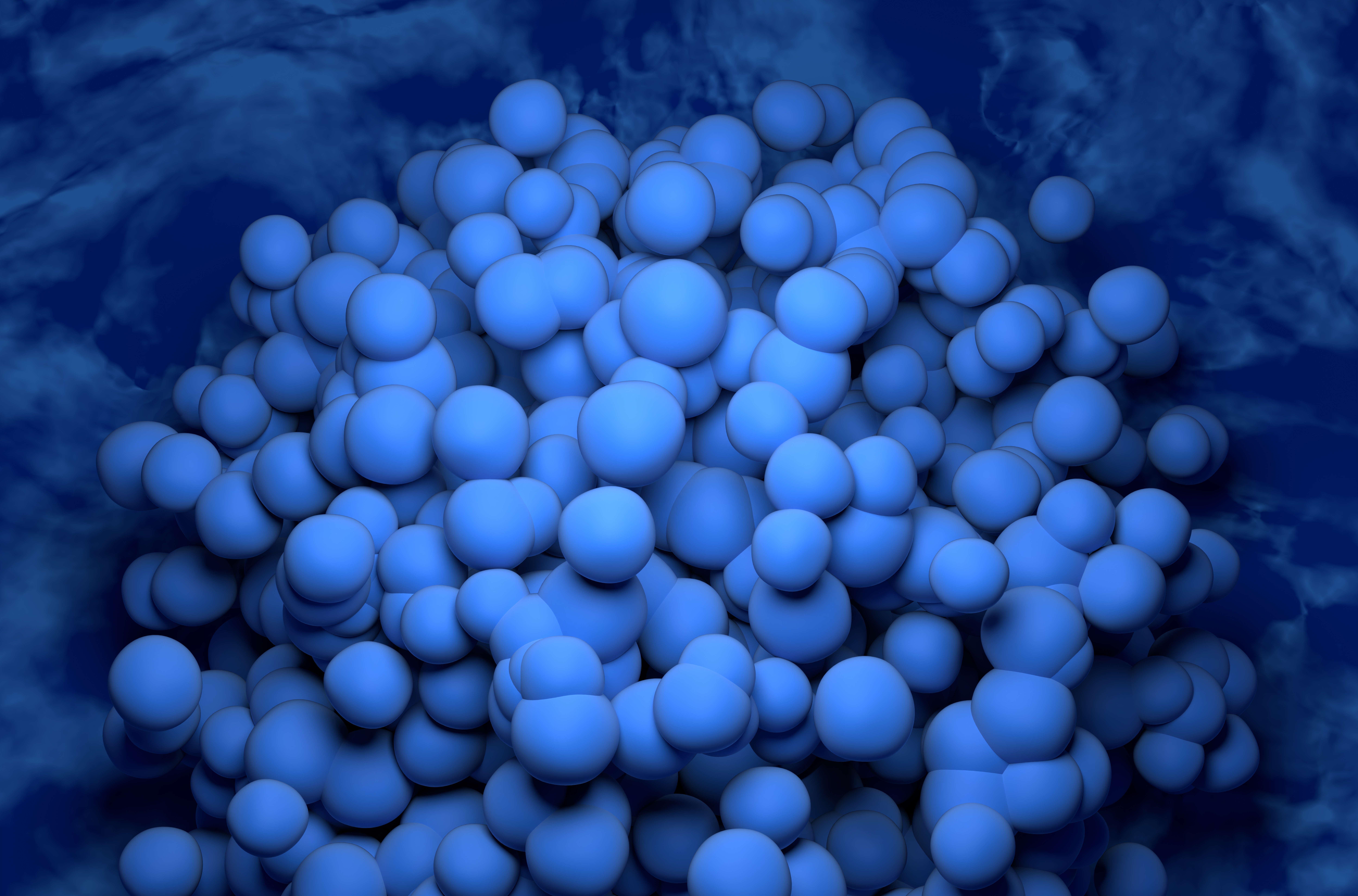According to a press release in BioSpace, INmune Bio Inc., has been advancing its investigational therapy INKmune in a phase 1/2 clinical trial as a therapy for metastatic castration-resistant prostate cancer. In the first cohort, the company reports positive safety findings as well as indicators of desired drug effects.
What is INKmune?
INKmune is a replication incompetent human tumor cell line which interacts with natural killer (NK) cells and signals them to transform into tumor killer memory-like NK cells. These primed cells have persisted for at least 100 days in early studies. It is intended to treat a wide range of cancers that are NK-resistant. It is delivered intravenously and does not require pre-treatment, cytokine therapy, or other conditioning.
In the ongoing trial, the first cohort saw a strong safety profile, and even at the lowest dose, the clinicians reported signs of immune system changes as consistent with the therapy mechanism. Two of the three patients saw an increase in circulation of the activated NK cells. They all also had elevated NK cell functionality for over 40 days following the final dosing infusion. This cohort is the lowest dose level, with the next two evaluating higher treatment doses.
The trial has continued to progress, having recently completed dosing in the second cohort. The cancer community will want to keep tabs on this trial of an innovative therapy that could be a factor in the treatment of a wide range of cancers beyond metastatic castration-resistant prostate cancer.
About Prostate Cancer
Prostate cancer occurs in the prostate gland, part of the male reproductive system that is positioned beneath the bladder. Risk factors for prostate cancer include old age, a family history of the disease, and being of African ancestry. Tumors can appear on the prostate as cells accumulate DNA mutations, but most do not become cancerous. In early stages, prostate cancer doesn’t cause symptoms, but as the disease progresses, difficulty urinating, erectile dysfunction, and bloody urine or semen can appear. Fatigue, bone or back pain, or unexpected weight loss are signs of metastatic disease. Treatment for prostate cancer can vary widely depending on risk and severity of the individual case. Options can include surgical removal of the prostate, hormone therapy, or radiation therapy. Chemotherapy is often used when the disease has spread. Due to screening programs, prostate cancer is often detected at an early stage, and in these cases, patients can have relatively long survival times after diagnosis. To learn more about prostate cancer, click here.
Editor’s Note: Get Involved
Cancer doesn’t discriminate. WHATNEXT and its partners are interested in amplifying the voices of those from all identities and backgrounds. If you have a cancer journey to share, reach out here to learn more about how your voice can help spread awareness and inspire individuals from all walks of life.
MCRPC metastatic castration-resistant prostate cancer prostate cancer research treatment
Last modified: November 6, 2024











